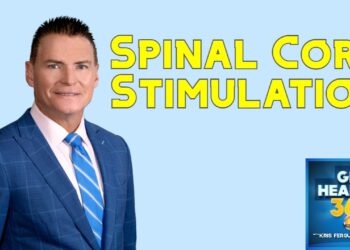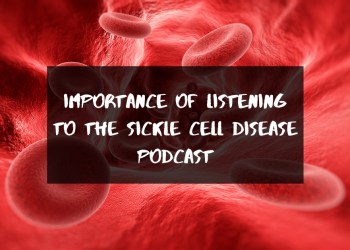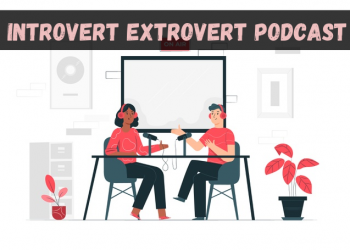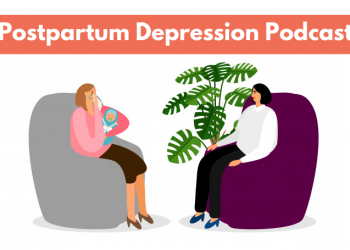Spinal Cord Stimulators offer hope for IBS pain
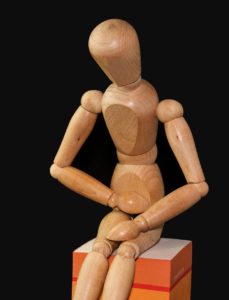 Patients with irritable bowel syndrome can suffer from disabling pain. Recent studies indicate that spinal cord stimulation may help with the pain and frequency of diarrhea episodes.
Patients with irritable bowel syndrome can suffer from disabling pain. Recent studies indicate that spinal cord stimulation may help with the pain and frequency of diarrhea episodes.
In this study, 10 patients with IBS were followed for 28 weeks, as medical professionals examined their pain levels, pain attacks, quality of life, and frequency of diarrheas.
At the conclusion of the study, more than half of the patients decided to keep using a spinal cord stimulator to control their IBS symptoms.
The Research
Am J Physiol Regul Integr Comp Physiol. 2015 May 15;308(10):R887-94. doi: 10.1152/ajpregu.00022.2015. Epub 2015 Mar 18.
Therapeutic value of spinal cord stimulation in irritable bowel syndrome: a randomized crossover pilot study.
Lind G1, Winter J1, Linderoth B1, Hellström PM2.
1 Department of Clinical Neuroscience, Karolinska Institutet, Stockholm, Sweden; and.
2 Department of Medical Sciences, Uppsala University, Uppsala, Sweden Per.Hellstrom@medsci.uu.se.
Abstract
Irritable bowel syndrome (IBS) is characterized by abdominal pain and changed bowel habits. Spinal cord stimulation (SCS) has been used for treatment of chronic pain syndromes. Animal studies have shown SCS to reduce the reaction to colonic balloon distension, known to be increased in IBS patients. To elucidate the potential for SCS as treatment for IBS, a pilot study was performed. Ten IBS patients (age 26-56 yr) were recruited. A SCS system with a four-polar electrode was implanted at the T5-T8 level. After a 2-wk run-in, a randomized, crossover design SCS during 6 wk was compared with no stimulation, with an ensuing stimulation period for 12 wk; total study period 28 wk. Patients recorded pain level, pain attacks, diarrheas, and global quality of life in a diary. At end of the study patients could choose to retain their SCS system or have it removed. Nine patients completed the whole trial. During stimulation periods the median pain scores were significantly reduced from visual analogue scale (VAS) 7 (4-8) to 3 (2.5-7) and to 4 (2-6) during early and late stimulation periods, respectively (P < 0.03-0.04). Pain attacks were numerically reduced. A few patients reported reduced number of diarrheas. After study termination, six patients chose to retain their SCS system. To conclude, SCS is a minimally invasive treatment option for pain in IBS. With SCS the pain level was reduced though with merely a trend for number of attacks and diarrheas. The efficacy of SCS in IBS pain indicates a possible usefulness in other painful bowel disorders.
Copyright © 2015 the American Physiological Society.
KEYWORDS:
abdominal pain; diarrhea; irritable bowel syndrome; spinal cord stimulation


